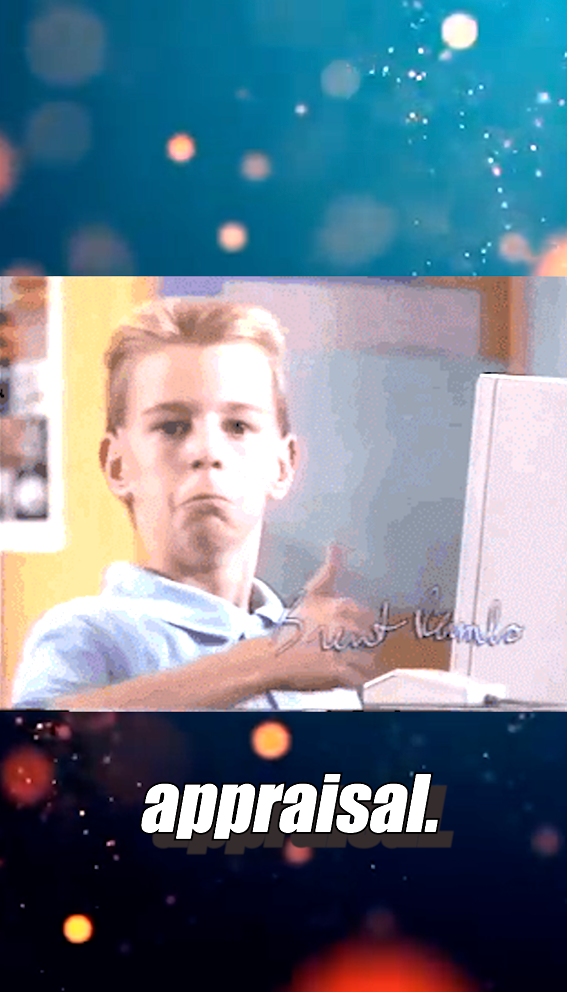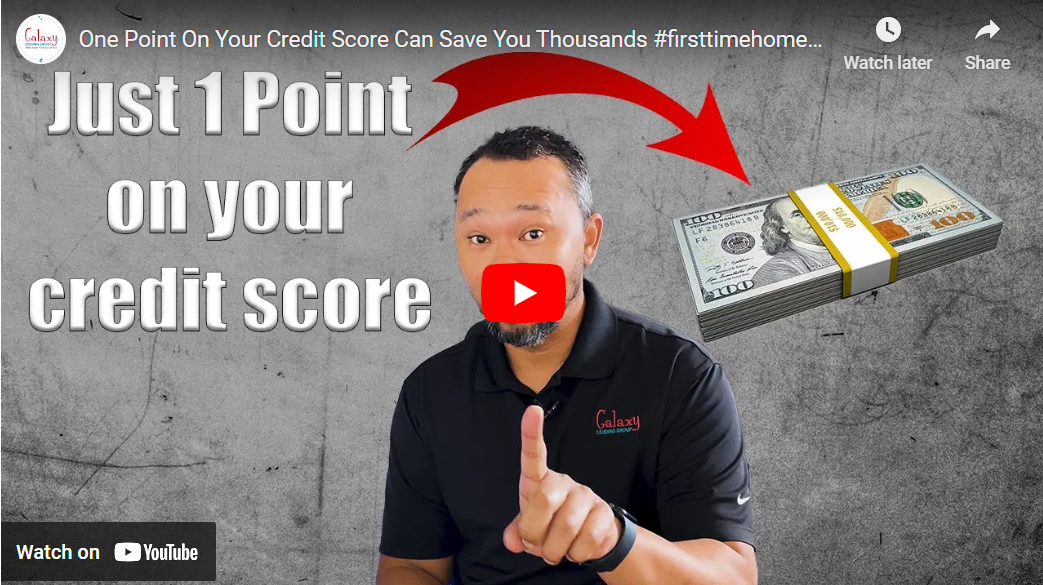What is Private Mortgage Insurance?
Everything you need to know about Private Mortgage Insurance and why you might need it.
Private Mortgage Insurance, often abbreviated as PMI, can be defined as insurance that the borrower must pay to the lender until a certain amount of the loan is paid off. It keeps the lender financially secure, in case the borrower fails to pay the loan amount.
It generally comes into picture when the borrower has opted for a traditional loan. In most cases related to property purchases, private mortgage insurance is agreed upon by the parties when the borrower pays less than 20% as a down payment. So, the borrower would need to pay the normal mortgage payment, plus the PMI until they have 20% equity in the home.
To explain it simply, let’s assume that you are considering purchasing a house for $200,000. If you pay a down payment less than 20% of the total cost (in this case: $40,000), then you will also have to pay the private mortgage insurance on top of your pre-determined regular payment. Likewise, in this situation, if you want to avoid paying PMI, then you would have to make a down payment of at least $40,000.
PMI Amount and How to Pay it
Private mortgage insurance amounts can vary from case to case. Some lenders accept the amount for PMI at the closure, whereas other lenders go for monthly PMI payment. In addition to this, there might be a case where the borrower has to pay the amount for PMI monthly, as well as at closing. This all depends on various risk factors such as the amount of down payment and the total pending amount.
The PMI rates generally range from 0.5% to 1% of the total loan amount annually. Since the annual PMI amount is can be a large amount, it’s normally broken down in to smaller monthly payments to make it more manageable. Using the example above, the annual PMI comes out between $1,000 and $2,000.
So, for a house of $200,000, the monthly PMI amount can fall in the range of $83.33 to $166.67.
What to Know Before Opting for PMI
If you’re thinking about whether opting for private mortgage insurance, consider the following factors first:
- PMI can help you qualify for a larger loan than you would otherwise be able to get without the insurance.
- Some mortgage lenders offer conventional loans with smaller down payments that don’t require PMI. Instead, they’ll have higher interest rates for the loan.
- In the case of having a higher interest rate in lieu of paying PMI, you could end up paying more or less than you would with PMI, depending on your credit score and how long you plan to stay in the home.
- You may want to talk with a tax advisor to see how paying more in interest or PMI could affect the deductions you can take on your taxes.
So, every user should consider the option of private mortgage insurance with respect to the individuality of each case and the financial constraints associated with the borrower. To learn more about private mortgage insurance and what type of loan is best for you, contact Galaxy Lending Group. Our loan consultants will be able to look at your personal situation and get the best loan for your dream home.





